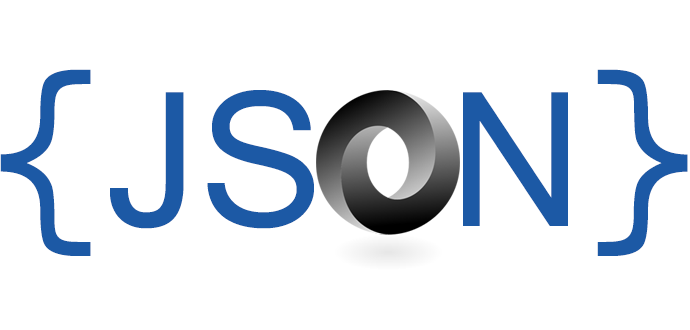Following up my previous post on mapping json objects to Scala models, it is time to present some more advanced use cases.
In the past weeks I have found myself in cases where a little more ‘magic’ was needed:
- Read dates from the json (
org.joda.DateTime) - Mapping primitive types (as
Long) to a customcase class - Nested objects
Reading dates from Json objects
Imagine you have a Json object, with a Unix timestamp field:
{
"field": "example field",
"date": 1459014762000
}
How to map it?
- Define the corresponding
case class - Define a custom mapper. To read a DateTime one can use the default adapter provided by the library:
case class JsonExampleV1(field: String, date: DateTime)
object JsonExampleV1{
implicit val r: Reads[JsonExampleV1] = (
(__ \ "field").read[String] and
(__ \ "date").read[DateTime](Reads.DefaultJodaDateReads)
)(JsonExampleV1.apply _)
}
Just test it:
scala> val jsonV1 = """{ "field": "example field", "date": 1459014762000 }"""
jsonV1: String = { "field": "example field", "date": 1459014762000 }
scala> Json.parse(jsonV1).as[JsonExampleV1]
res0: JsonExampleV1 = JsonExampleV1(example field,2016-03-26T17:52:42.000Z)
Reading custom case classes
Now, if you do wrap your object identifiers for type safety, you will enjoy this:
{
"id": 91,
"data": "Some data"
}
and the corresponding case classes:
case class MyIdentifier(id: Long)
case class JsonExampleV2(id: MyIdentifier, data: String)
Now you just need to read the primitive type (Long), and map to your idenfier:
object JsonExampleV2 {
implicit val r: Reads[JsonExampleV2] = (
(__ \ "id").read[Long].map(MyIdentifier) and
(__ \ "data").read[String]
)(JsonExampleV2.apply _)
}
Again, let’s test it:
scala> val jsonV2 = """ { "id": 91, "data": "String data" }"""
jsonV2: String = " { "id": 91, "data": "String data" }"
scala> Json.parse(jsonV2).as[JsonExampleV2]
res1: JsonExampleV2 = JsonExampleV2(MyIdentifier(91),String data)
Reading nested objects
This one was motivated from a Stackoverflow question.
Basically, the json answer contains an id field, and a json array with friends, where each friend object is composed of another id and a since field.
I will present two options:
- using a
case classto save all the information of each friend - extract only the
id(as the author pretends)
Using case classes
Not very difficult, but remember that the Friends json mapper definition needs to come before the Response json mapper:
case class Friends(id: Long, since: String)
object Friends {
implicit val fmt = Json.format[Friends]
}
case class Response(id: Long, friend_ids: Seq[Friends])
object Response {
implicit val userReads: Reads[Response] = (
(JsPath \ "id").read[Long] and
(JsPath \ "friends").read[Seq[Friends]]
) (Response.apply _)
}
Extract only the ids
This solution was presented by another user and it’s a little bit more elaborated:
case class Response(id: Long, friend_ids: Seq[Long])
object Response {
implicit val userReads: Reads[Response] = (
(__ \ "id").read[Long] and
(__ \ "friends").read[Seq[Long]](Reads.seq((__ \ "id").read[Long]))
)(Response.apply _)
}
I want to learn more
If you are stuck with some error, check the source code at GitHub.
If you want to read a little more about solutions from other authors, check these useful links:
- Reactive Xplore Group
- Wojciech Programming Blog Part 1 and Part 2
- Scala reddit where I got some of the knowledge

